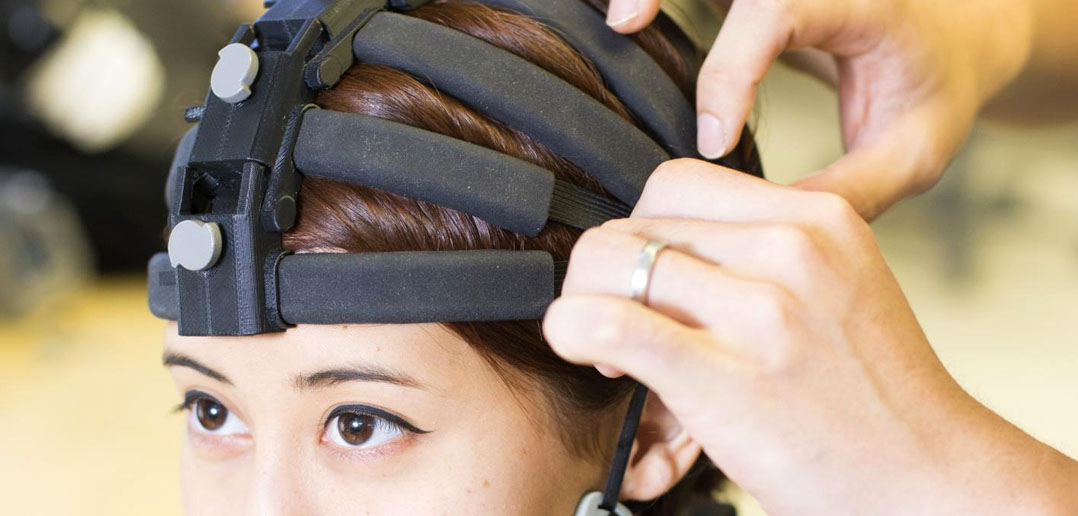
Researchers at the University of California San Diego have devised new algorithms that can cut lithium-ion battery charge times in half, help cells run more efficiently and potentially cut production costs by 25 percent. Rather than tracking battery behavior and health with the traditional technique of monitoring current and voltage, the team's mathematical models estimate where lithium ions are within cells for more precise data. With the added insight, the team can more accurately gauge battery longevity and control charging efficiency. The group was awarded $460,000 from the Department of Energy's ARPA-E research arm to further develop the algorithm and accompanying tech with automotive firm Bosch and battery manufacturer Cobasys, which both received the remainder of a $9.6 million grant. Wondering if the solution will ever find its way out of the lab? According to co-lead researcher Scott Moura, it'll see practical use: "This technology is going into products that people will actually use."
Continue reading Researchers create algorithms that help lithium-ion batteries charge two times faster
Filed under: Alt
Researchers create algorithms that help lithium-ion batteries charge two times faster originally appeared on Engadget on Thu, 04 Oct 2012 23:07:00 EDT. Please see our terms for use of feeds.
Permalink  EurekAlert!
EurekAlert! |
 UCSD Jacobs School of Engineering
UCSD Jacobs School of Engineering |
Email this |
Comments
 A team of researchers from the Jacobs School of Engineering and Institute for Neural Computation at UC San Diego have developed a 64-channel "dry" electroencephalogram (EEG), reportedly the world's first. Traditional EEGs require their electrodes be...
A team of researchers from the Jacobs School of Engineering and Institute for Neural Computation at UC San Diego have developed a 64-channel "dry" electroencephalogram (EEG), reportedly the world's first. Traditional EEGs require their electrodes be...
 A team of researchers from the Jacobs School of Engineering and Institute for Neural Computation at UC San Diego have developed a 64-channel "dry" electroencephalogram (EEG), reportedly the world's first. Traditional EEGs require their electrodes be...
A team of researchers from the Jacobs School of Engineering and Institute for Neural Computation at UC San Diego have developed a 64-channel "dry" electroencephalogram (EEG), reportedly the world's first. Traditional EEGs require their electrodes be...


